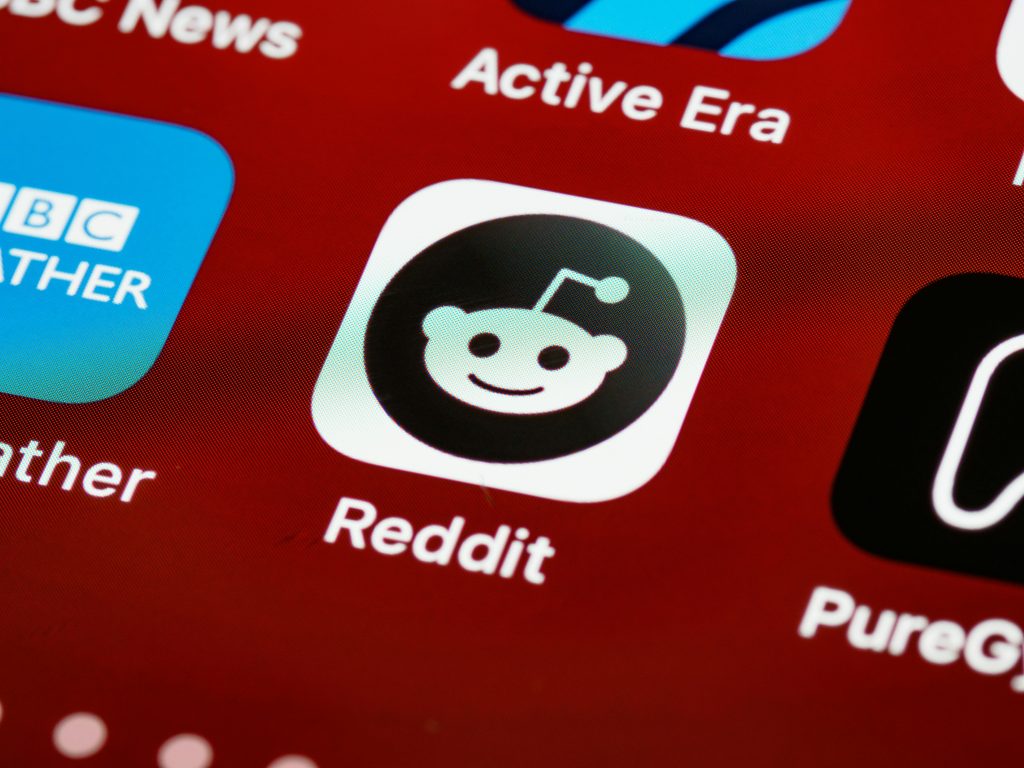Addressing the Microsoft Defender Subscription Scam Popup: A Guide to Regaining Control
In recent weeks, many users have reported encountering a troublesome pop-up on their Windows machines, falsely indicating a subscription upgrade to a fictitious Microsoft Defender Pro plan priced at $299. This pop-up has raised concerns about potential security breaches and ongoing malware threats, leading users to seek solutions for this persistent irritation.
Users have noted that despite deleting all browsers, the pop-up continues to interrupt their activities, sometimes triggering the PowerShell application each time it appears. The message typically reads:
“Your Windows Defender antivirus has been upgraded to a Pro plan for $299.00. The payment will be deducted from your credit card on August 26, 2024.”
Understanding that this is undoubtedly a scam is the first step; however, users often worry about the overall security of their systems and how to effectively eliminate such persistent nuisances.
Troubleshooting Steps to Take
-
Run Comprehensive Scans: While many users have performed quick, full, and offline scans with Microsoft Defender without resolution, it’s essential to ensure the antivirus is up-to-date. Consider using additional trusted security tools to run supplemental scans, as some threats may bypass standard checks.
-
Investigate Installed Processes: If you notice unusual processes such as conhost.exe appearing in your System32 folder, it’s important to research these components. While conhost.exe is typically a legitimate Windows process, its activity under PowerShell in response to the pop-up warrants further investigation. Monitor system processes for any suspicious behavior.
-
Check for Unwanted Software: Review all installed applications and extensions. Scammers often install additional software that could be responsible for such persistent pop-ups. Uninstall any unknown or recently added programs through the Control Panel or Settings menu.
-
Reset Browser Settings: Sometimes, residual elements remain even after a browser is deleted. Resetting your browser settings can often remove unwanted extensions or settings that are propelling the pop-up.
-
Utilize System Restore: If the problem persists and you suspect deep-rooted issues, consider restoring your system to a previous state before the pop-up appeared. This can revert any unauthorized changes made to your computer.
Final Thoughts
Experiencing a recurring pop-up claiming an upgrade to a non-existent subscription can be frustrating and concerning. By taking a comprehensive approach to scan for threats, analyzing running processes, and checking system software, you can regain control
Share this content:




Help for Persistent Microsoft Defender Subscription Alert
Thank you for reaching out with your concern about the recurring subscription scam pop-up. This type of issue is commonly caused by malware or PUPs (potentially unwanted programs) that have embedded themselves into your system, often remaining even after browser deletion.
Here are some steps you can take to resolve this problem: